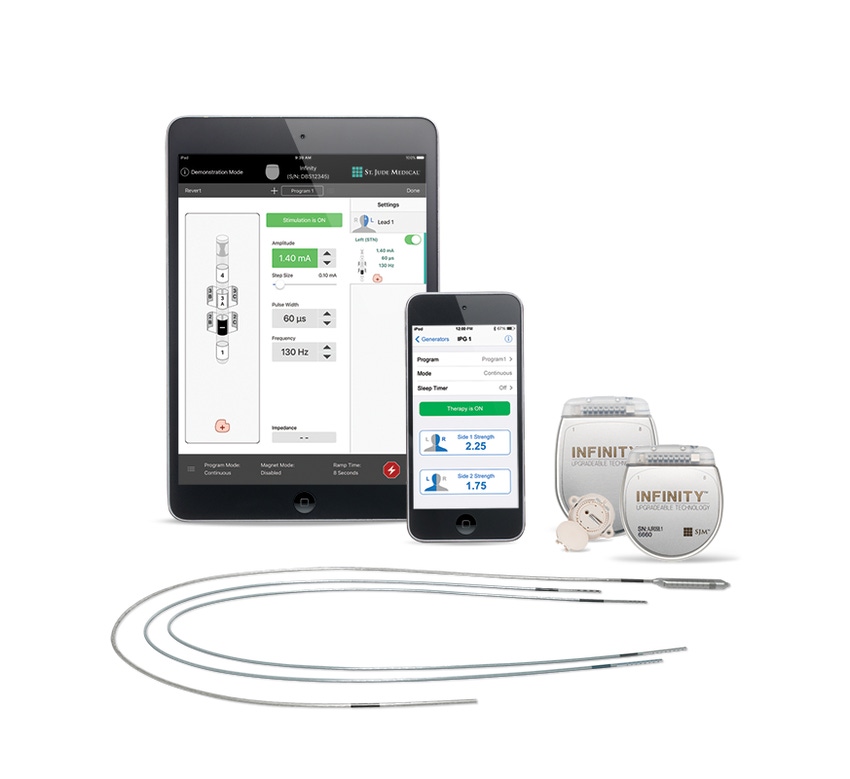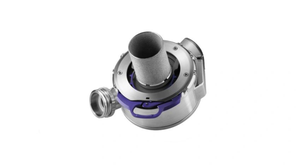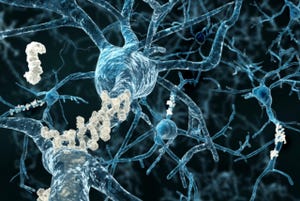Abbott Laboratories received approval for the Infinity DBS to target an area of the brain called the globus pallidus (GPi).
January 24, 2020

Abbott Laboratories is adding some extra firepower to its neuromodulation offerings. The company said last week that its Infinity Deep Brain Stimulation [DBS] device received a nod from FDA to treat Parkinson’s disease symptoms.
The newly approved indication specifically calls for the Infinity DBS to target an area of the brain called the globus pallidus (GPi). Abbott said the GPi plays an integral role in the motor function and can be targeted with DBS to improve Parkinson’s disease symptoms not adequately controlled by medication.
Abbott said with this approval, the Infinity DBS is now the only directional DBS system approved for all major targets used to treat movement disorders, Parkinson's disease and Essential Tremor: the subthalamic nucleus (STN), ventral intermediate nucleus (VIM) and GPi.
“The [new indication] is targeting people with Parkinson’s disease with symptoms that aren’t adequately controlled with medication,” Binith Cheeran, M.D., director of medical affairs, deep brain stimulation, a part of Abbott's neuromodulation business, told MD+DI. “It’s serving that patient population better so that you can customize the target treatment for better outcomes.”
The company said Infinity is the first and only DBS system operating in these indications on an iOS software platform with Bluetooth wireless technology. Clinicians can streamline the programming process with an iPad mini device using Abbott's new Informity Programming feature to become more efficient in their practice and achieve optimal outcomes with directional leads. Patients can manage their symptoms with their Infinity DBS System iPod touch controller.
The device’s effectiveness has been supported by data from the PROGRESS study – the largest DBS study for directional lead use in Parkinson's disease.
“What we’ve done is gathered evidence to get FDA approval so that we can expand the therapy option of patients with Parkinson’s,” Cheeran said.
The firm inherited Infinity through the $25 billion acquisition of St. Jude Medical that was closed in early 2017. St. Jude first won approval for Infinity DBS back in 2016.
Abbott faces stiff competitors in the DBS space including Medtronic and Boston Scientific. In 2018, Marlborough, MA-based Boston Scientific unveiled solid results of the Vercise DBS during the 70th Annual American Academy of Neurology Meeting in Los Angeles.
About the Author(s)
You May Also Like


.png?width=300&auto=webp&quality=80&disable=upscale)

